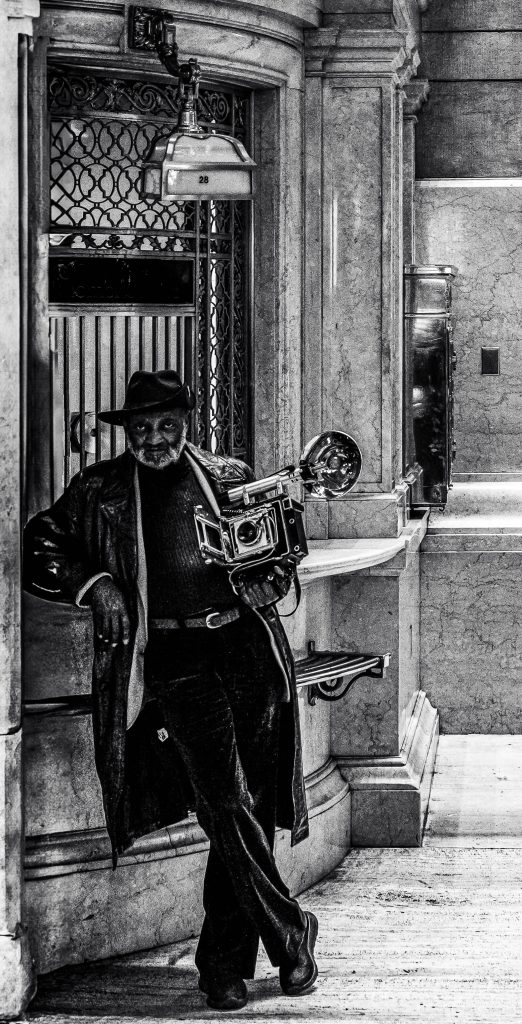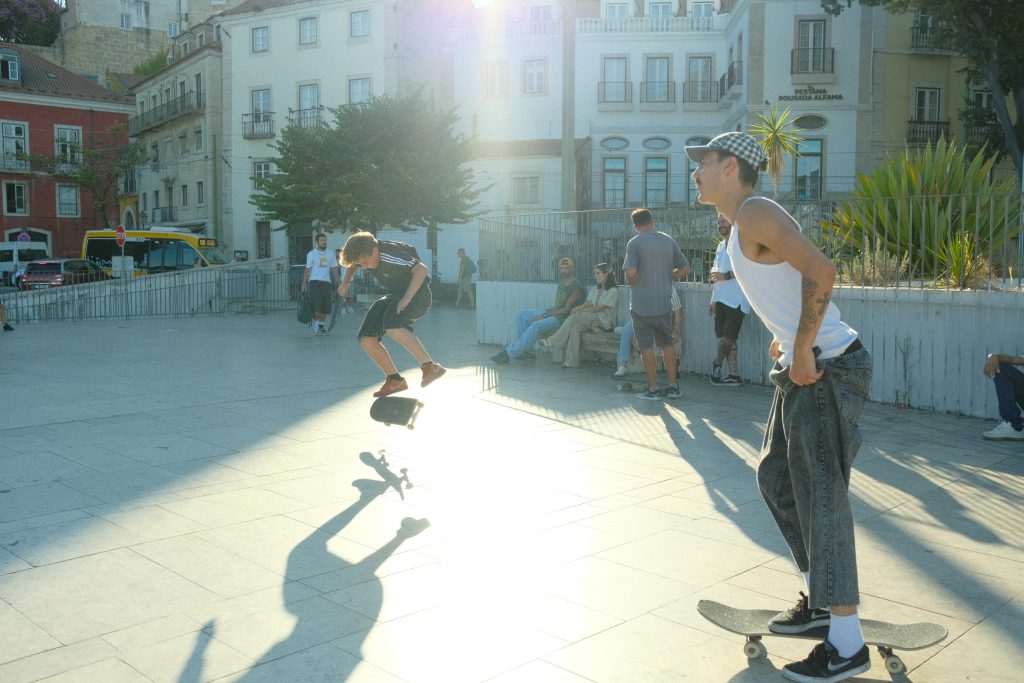After leaving the country and everything he knew behind, one Afghan undergoes a perilous journey before finding a new home.
Student Journalist (The School of the New York Times)
—Reporting from New York City—
What Yahya Qanie remembers about August 15th, 2021, the day that the Taliban retook control of Kabul after twenty years of American occupation was the eerie silence. The entire city of Kabul, the capital of Afghanistan, had halted: no motorcycles, no cars, just silence. The previous day, Qanie, a 27-year-old nonprofit youth leader who represented the future of a democratic Afghanistan, told his colleagues: “We need to stay in this country, and we need to think about the future of this country.” Yet, the sight of American C-17 planes flying overhead, taking the last semblances of freedom with them, represented the total loss of hope.
Qanie was one of 124,000 Afghans who were airlifted out of the country via military aircraft in the aftermath of American withdrawal from Afghanistan and the subsequent takeover of the country by the authoritarian Taliban. This marked the end of 20 years of American occupation, fighting the war in Afghanistan against the Taliban, and other terrorist groups. Many of them, like Qanie, left behind high-status jobs and prestigious diplomas, to start new lives.
Many, like Qanie, grew up during those 20 years, immersed in American culture and values, in an increasingly progressive nation. Watching Hollywood blockbusters such as Prison Break or the Life of Pi, he developed a distinct association with America. Indeed, in university, Qanie founded his own organizations, including Kabul Model United Nations, focusing on the empowerment of youth and women, democratic goals and human rights. “I wanted to make Afghanistan like the United States,” he says. Thus, the Taliban takeover was particularly horrifying. “It was emotionally and physically very hard to accept.”
Afterwards, due to his activism and the Taliban’s crackdown on social freedoms, Qanie was a prime target for persecution. “I was just a Google search away from the Taliban,” he says. Aware that his continued presence in Afghanistan would put him and his family in danger, Qanie frantically searched for a way out, calling his contacts in the international community, including the US Embassy and the United Nations. Eventually, on the last day of the US departure, he received a call stating that one seat was available on the last evacuation from Afghanistan. Qanie, distraught about leaving his family behind, was encouraged nonetheless to leave.
Equipped with a laptop containing his life’s work, documentation, his university certifications, a pair of clothes, the 48 Laws of Power and $2000 in cash, Qanie set on a months-long journey to seek a new home, traveling through Qatar and Ramstein Air Base in Germany until he reached Philadelphia, Pennsylvania. Throughout the strenuous journey, Qanie relied on his ambition to provide him solace. “I live in my dreams, in the future.” Indeed, his dream never wavered. Advised by a few friends that being a student was a good way to start a life in the US, Qanie applied to several US universities and was accepted on a full-tuition scholarship to New York University in New York City.
Qanie has found a community in the United States, receiving attention, love and care from those who understand the plight of Afghans, He is a part of International House (I-House), a program for graduate students across the world designed to promote cross-cultural understanding. “They are my family here,” he says. He is currently an advocacy fellow at Search For Common Ground, an organization advocating for peace as a means to addressing global issues, and is applying for full-time jobs.
Yet, while he has come a long way, he says that Afghans have a long way to go. “I would say my whole generation went back in time.” Some friends, he says, that were working in the presidential palace in Kabul are now starting from scratch. As such, he feels as if it is a personal duty to share his experience and advise others in similar situations. He regularly speaks to his family (who were able to leave Kabul and relocate to Belgium four months after his departure), particularly his younger brothers who are interested in attending university in the United States. “It’s up to us to identify and contribute to make the lives of people better.”



